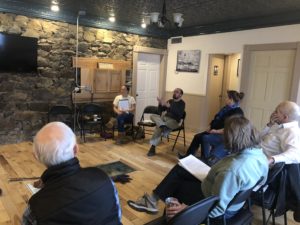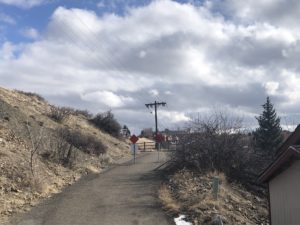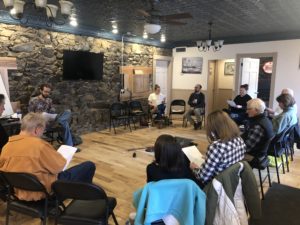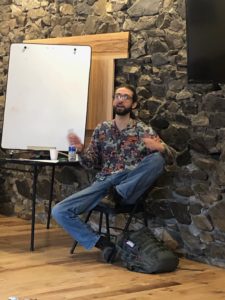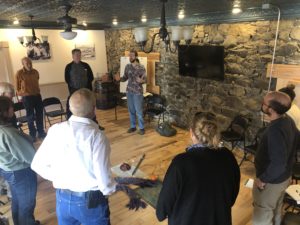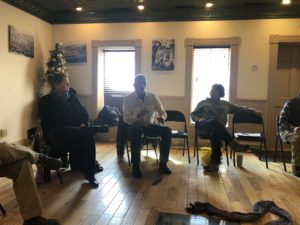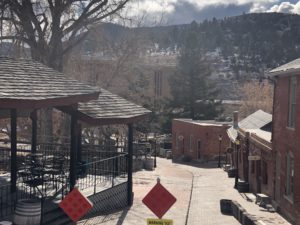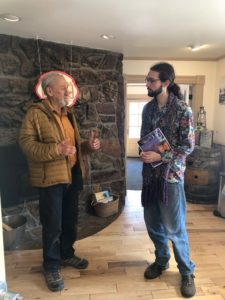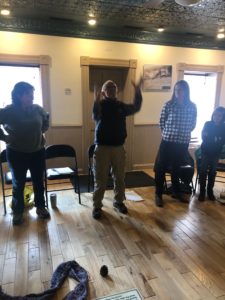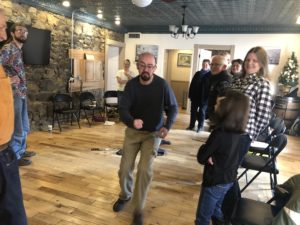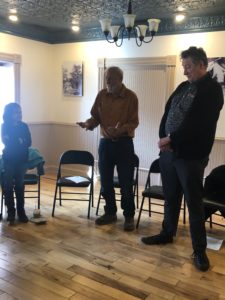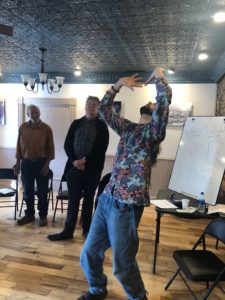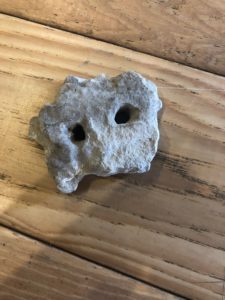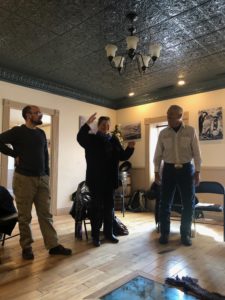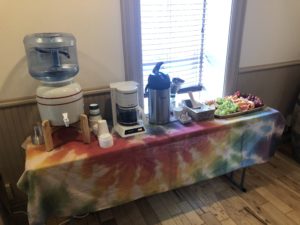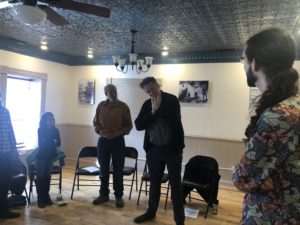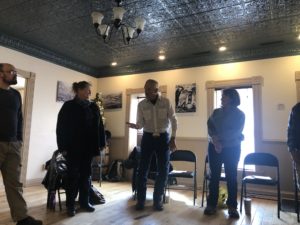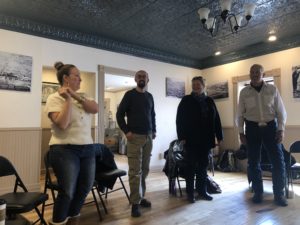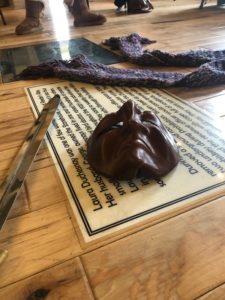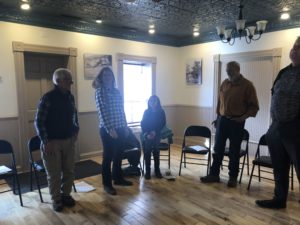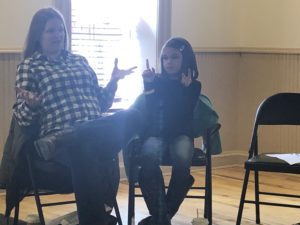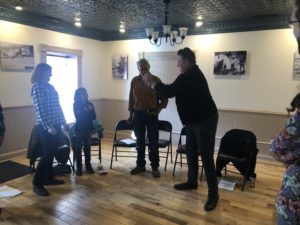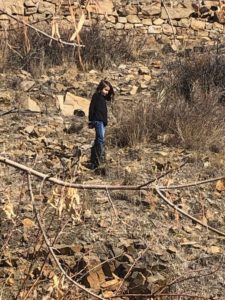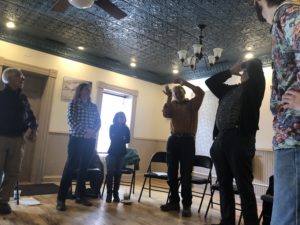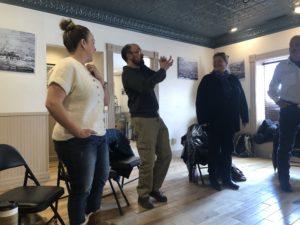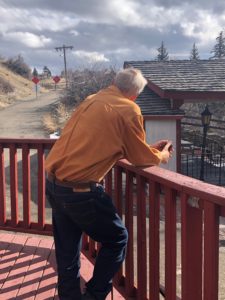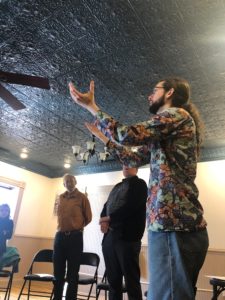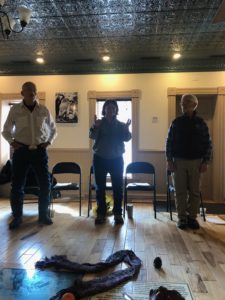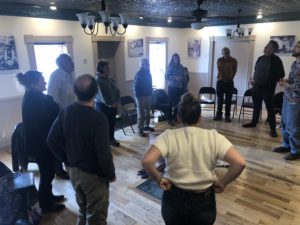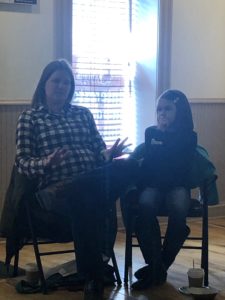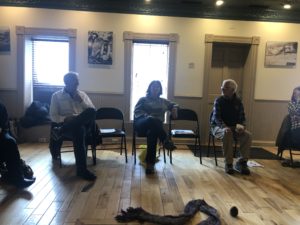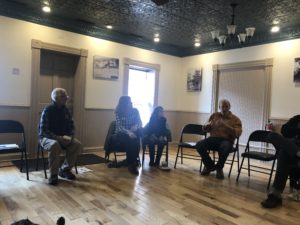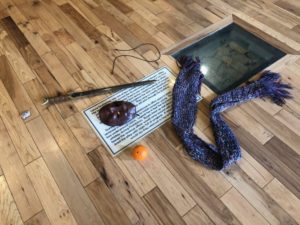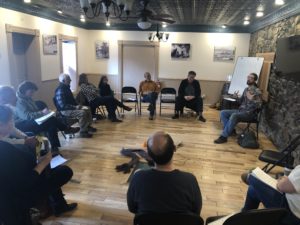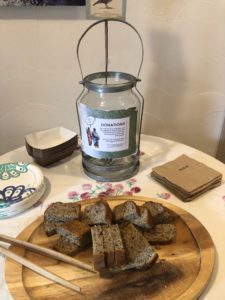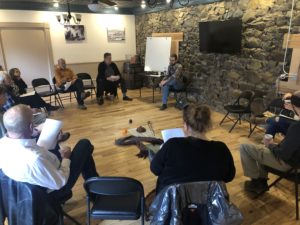[et_pb_section fb_built=”1″ _builder_version=”4.16″ custom_padding=”0|0px|13px|0px|false|false” global_colors_info=”{}” da_is_popup=”off” da_exit_intent=”off” da_has_close=”on” da_alt_close=”off” da_dark_close=”off” da_not_modal=”on” da_is_singular=”off” da_with_loader=”off” da_has_shadow=”on” da_disable_devices=”off|off|off”][et_pb_row _builder_version=”4.16″ background_size=”initial” background_position=”top_left” background_repeat=”repeat” global_colors_info=”{}”][et_pb_column type=”4_4″ _builder_version=”4.16″ custom_padding=”|||” global_colors_info=”{}” custom_padding__hover=”|||”][et_pb_image src=”https://originalsite.merlinccc.com/wp-content/uploads/2020/03/March-Workshop_IMG_3457-scaled.jpeg” align_tablet=”center” align_phone=”” align_last_edited=”on|desktop” _builder_version=”4.16″ z_index_tablet=”500″ box_shadow_horizontal_tablet=”0px” box_shadow_vertical_tablet=”0px” box_shadow_blur_tablet=”40px” box_shadow_spread_tablet=”0px” global_colors_info=”{}”][/et_pb_image][et_pb_text admin_label=”About the Workshop” _builder_version=”4.16″ z_index_tablet=”500″ box_shadow_horizontal_tablet=”0px” box_shadow_vertical_tablet=”0px” box_shadow_blur_tablet=”40px” box_shadow_spread_tablet=”0px” global_colors_info=”{}”]
Have you ever wondered about wonder? What exactly is the experience of wondering? Why do we feel it? When do we feel it? Why might it be valuable? And, most pressingly: how can wonder be cultivated to assist us in dealing with modern problems, both on a large scale and in our individual, personal lives?
In this 2½-hour workshop led by 2019-2020 Student Scholar Fellow Henry Kramer we investigated the connections between wonder, nature, imagination, and play through lecture, discussion, and exercises.
Nature
Nature is conventionally, one of the primary sources of wonder for human beings. But have we lost touch with a certain kind of wonder toward nature and what effects might this have on our relationship to, or our treatment of, the natural world?
Imagination & Play
We’ll also explore imagination and play as a primary way of cultivating wonder. How does using our imaginations, or engaging in play, foster wonder and change the way we encounter the world around us? Is play something just for children? Does play have a deeper meaning for expression within art, ritual, and religion? In what ways could we say our imaginations are “real”?
You will leave this workshop with:
- A deeper understanding of the experience of wonder and how it applies to our lives
- Strategies for cultivating and encouraging wonder in the everyday
- New ways of looking at ordinary things, or at one another, perhaps leading to a fuller capacity for connection to the larger, more-than-human world
[/et_pb_text][/et_pb_column][/et_pb_row][/et_pb_section][et_pb_section fb_built=”1″ _builder_version=”4.16″ custom_padding=”2px|0px|0|0px|false|false” global_colors_info=”{}” da_is_popup=”off” da_exit_intent=”off” da_has_close=”on” da_alt_close=”off” da_dark_close=”off” da_not_modal=”on” da_is_singular=”off” da_with_loader=”off” da_has_shadow=”on” da_disable_devices=”off|off|off”][et_pb_row _builder_version=”4.16″ background_size=”initial” background_position=”top_left” background_repeat=”repeat” custom_padding=”0|0px|15.7969px|0px|false|false” global_colors_info=”{}”][et_pb_column type=”4_4″ _builder_version=”4.16″ custom_padding=”|||” global_colors_info=”{}” custom_padding__hover=”|||”][et_pb_divider color=”#02a2c8″ divider_weight=”15″ _builder_version=”4.16″ height=”15px” box_shadow_style=”preset1″ global_colors_info=”{}”]
[/et_pb_divider][/et_pb_column][/et_pb_row][/et_pb_section][et_pb_section fb_built=”1″ _builder_version=”4.16″ custom_padding=”31.5938px|0px|21px|0px|false|false” global_colors_info=”{}” da_is_popup=”off” da_exit_intent=”off” da_has_close=”on” da_alt_close=”off” da_dark_close=”off” da_not_modal=”on” da_is_singular=”off” da_with_loader=”off” da_has_shadow=”on” da_disable_devices=”off|off|off”][et_pb_row _builder_version=”4.16″ background_size=”initial” background_position=”top_left” background_repeat=”repeat” custom_padding=”0|0px|0|0px|false|false” global_colors_info=”{}”][et_pb_column type=”4_4″ _builder_version=”4.16″ custom_padding=”|||” global_colors_info=”{}” custom_padding__hover=”|||”][et_pb_testimonial _builder_version=”4.16″ z_index_tablet=”500″ author_text_shadow_horizontal_length_tablet=”0px” author_text_shadow_vertical_length_tablet=”0px” author_text_shadow_blur_strength_tablet=”1px” position_text_shadow_horizontal_length_tablet=”0px” position_text_shadow_vertical_length_tablet=”0px” position_text_shadow_blur_strength_tablet=”1px” company_text_shadow_horizontal_length_tablet=”0px” company_text_shadow_vertical_length_tablet=”0px” company_text_shadow_blur_strength_tablet=”1px” body_link_text_shadow_horizontal_length_tablet=”0px” body_link_text_shadow_vertical_length_tablet=”0px” body_link_text_shadow_blur_strength_tablet=”1px” body_ul_text_shadow_horizontal_length_tablet=”0px” body_ul_text_shadow_vertical_length_tablet=”0px” body_ul_text_shadow_blur_strength_tablet=”1px” body_ol_text_shadow_horizontal_length_tablet=”0px” body_ol_text_shadow_vertical_length_tablet=”0px” body_ol_text_shadow_blur_strength_tablet=”1px” body_quote_text_shadow_horizontal_length_tablet=”0px” body_quote_text_shadow_vertical_length_tablet=”0px” body_quote_text_shadow_blur_strength_tablet=”1px” box_shadow_horizontal_tablet=”0px” box_shadow_vertical_tablet=”0px” box_shadow_blur_tablet=”40px” box_shadow_spread_tablet=”0px” box_shadow_horizontal_image_tablet=”0px” box_shadow_vertical_image_tablet=”0px” box_shadow_blur_image_tablet=”40px” box_shadow_spread_image_tablet=”0px” text_shadow_horizontal_length_tablet=”0px” text_shadow_vertical_length_tablet=”0px” text_shadow_blur_strength_tablet=”1px” global_colors_info=”{}”]
Photos
[/et_pb_testimonial][et_pb_text _builder_version=”4.16″ z_index_tablet=”500″ text_text_shadow_horizontal_length_tablet=”0px” text_text_shadow_vertical_length_tablet=”0px” text_text_shadow_blur_strength_tablet=”1px” link_text_shadow_horizontal_length_tablet=”0px” link_text_shadow_vertical_length_tablet=”0px” link_text_shadow_blur_strength_tablet=”1px” ul_text_shadow_horizontal_length_tablet=”0px” ul_text_shadow_vertical_length_tablet=”0px” ul_text_shadow_blur_strength_tablet=”1px” ol_text_shadow_horizontal_length_tablet=”0px” ol_text_shadow_vertical_length_tablet=”0px” ol_text_shadow_blur_strength_tablet=”1px” quote_text_shadow_horizontal_length_tablet=”0px” quote_text_shadow_vertical_length_tablet=”0px” quote_text_shadow_blur_strength_tablet=”1px” header_text_shadow_horizontal_length_tablet=”0px” header_text_shadow_vertical_length_tablet=”0px” header_text_shadow_blur_strength_tablet=”1px” header_2_text_shadow_horizontal_length_tablet=”0px” header_2_text_shadow_vertical_length_tablet=”0px” header_2_text_shadow_blur_strength_tablet=”1px” header_3_text_shadow_horizontal_length_tablet=”0px” header_3_text_shadow_vertical_length_tablet=”0px” header_3_text_shadow_blur_strength_tablet=”1px” header_4_text_shadow_horizontal_length_tablet=”0px” header_4_text_shadow_vertical_length_tablet=”0px” header_4_text_shadow_blur_strength_tablet=”1px” header_5_text_shadow_horizontal_length_tablet=”0px” header_5_text_shadow_vertical_length_tablet=”0px” header_5_text_shadow_blur_strength_tablet=”1px” header_6_text_shadow_horizontal_length_tablet=”0px” header_6_text_shadow_vertical_length_tablet=”0px” header_6_text_shadow_blur_strength_tablet=”1px” box_shadow_horizontal_tablet=”0px” box_shadow_vertical_tablet=”0px” box_shadow_blur_tablet=”40px” box_shadow_spread_tablet=”0px” global_colors_info=”{}”]
[/et_pb_text][/et_pb_column][/et_pb_row][/et_pb_section][et_pb_section fb_built=”1″ _builder_version=”4.16″ custom_padding=”0|0px|5px|0px|false|false” global_colors_info=”{}” da_is_popup=”off” da_exit_intent=”off” da_has_close=”on” da_alt_close=”off” da_dark_close=”off” da_not_modal=”on” da_is_singular=”off” da_with_loader=”off” da_has_shadow=”on” da_disable_devices=”off|off|off”][et_pb_row _builder_version=”4.16″ background_size=”initial” background_position=”top_left” background_repeat=”repeat” global_colors_info=”{}”][et_pb_column type=”4_4″ _builder_version=”4.16″ custom_padding=”|||” global_colors_info=”{}” custom_padding__hover=”|||”][et_pb_divider color=”#02a2c8″ divider_weight=”15″ _builder_version=”4.16″ height=”15px” box_shadow_style=”preset1″ global_colors_info=”{}”]
[/et_pb_divider][/et_pb_column][/et_pb_row][/et_pb_section][et_pb_section fb_built=”1″ _builder_version=”4.16″ global_colors_info=”{}” da_is_popup=”off” da_exit_intent=”off” da_has_close=”on” da_alt_close=”off” da_dark_close=”off” da_not_modal=”on” da_is_singular=”off” da_with_loader=”off” da_has_shadow=”on” da_disable_devices=”off|off|off”][et_pb_row _builder_version=”4.16″ module_alignment=”center” z_index_tablet=”500″ box_shadow_horizontal_tablet=”0px” box_shadow_vertical_tablet=”0px” box_shadow_blur_tablet=”40px” box_shadow_spread_tablet=”0px” global_colors_info=”{}”][et_pb_column type=”4_4″ _builder_version=”4.16″ custom_padding=”|||” global_colors_info=”{}” custom_padding__hover=”|||”][et_pb_testimonial _builder_version=”4.16″ z_index_tablet=”500″ author_text_shadow_horizontal_length_tablet=”0px” author_text_shadow_vertical_length_tablet=”0px” author_text_shadow_blur_strength_tablet=”1px” position_text_shadow_horizontal_length_tablet=”0px” position_text_shadow_vertical_length_tablet=”0px” position_text_shadow_blur_strength_tablet=”1px” company_text_shadow_horizontal_length_tablet=”0px” company_text_shadow_vertical_length_tablet=”0px” company_text_shadow_blur_strength_tablet=”1px” body_link_text_shadow_horizontal_length_tablet=”0px” body_link_text_shadow_vertical_length_tablet=”0px” body_link_text_shadow_blur_strength_tablet=”1px” body_ul_text_shadow_horizontal_length_tablet=”0px” body_ul_text_shadow_vertical_length_tablet=”0px” body_ul_text_shadow_blur_strength_tablet=”1px” body_ol_text_shadow_horizontal_length_tablet=”0px” body_ol_text_shadow_vertical_length_tablet=”0px” body_ol_text_shadow_blur_strength_tablet=”1px” body_quote_text_shadow_horizontal_length_tablet=”0px” body_quote_text_shadow_vertical_length_tablet=”0px” body_quote_text_shadow_blur_strength_tablet=”1px” box_shadow_horizontal_tablet=”0px” box_shadow_vertical_tablet=”0px” box_shadow_blur_tablet=”40px” box_shadow_spread_tablet=”0px” box_shadow_horizontal_image_tablet=”0px” box_shadow_vertical_image_tablet=”0px” box_shadow_blur_image_tablet=”40px” box_shadow_spread_image_tablet=”0px” global_colors_info=”{}”]
Resources
(Recommended Texts & Translations)
[/et_pb_testimonial][et_pb_image src=”https://originalsite.merlinccc.com/wp-content/uploads/2020/03/Glossary-PLAY.png” url=”https://originalsite.merlinccc.com/wp-content/uploads/2020/03/Nature-Wonder-Imagination-Glossary.pdf” url_new_window=”on” _builder_version=”4.16″ z_index_tablet=”500″ box_shadow_horizontal_tablet=”0px” box_shadow_vertical_tablet=”0px” box_shadow_blur_tablet=”40px” box_shadow_spread_tablet=”0px” global_colors_info=”{}”][/et_pb_image][et_pb_text _builder_version=”4.16″ z_index_tablet=”500″ box_shadow_horizontal_tablet=”0px” box_shadow_vertical_tablet=”0px” box_shadow_blur_tablet=”40px” box_shadow_spread_tablet=”0px” global_colors_info=”{}”]
- David Abram. Becoming Animal: An Earthly Cosmology. Vintage Books, 2011.
- David Abram. The Spell of the Sensuous. Vintage, 1997.
- Diane Ackerman. Deep Play. Random House International, 2000.
- Robert Bringhurst. Everywhere Being is Dancing: Twenty Pieces of Thinking. Gaspereau Press, 2007.
- Sharon Blackie. The Enchanted Life: Unlocking the Magic of the Every Day. SEPTEMBER Publishing, 2018.
- Martin Buber & Walter Kaufmann. I and Thou: A New Translation with a Prologue “I and You” and Notes. T. and T. Clark, 1971.
- James Carse. Finite and Infinite Games. Free Press, 1987.
- John Moriarty. Dreamtime. Lilliput Press, 1999.
- Lynda Sexson. Ordinarily Sacred. W. Ross MacDonald School, Resource Services Library, 2004.
- Henry David Thoreau, et al. Walden. Yale University Press, 2006.
- J. R. R. Tolkien, On Fairy-Stories. Publisher Not Identified, 1947.
- Jan Zwicky. Wisdom & Metaphor. Brush Education, Inc., 2014.
[/et_pb_text][/et_pb_column][/et_pb_row][/et_pb_section][et_pb_section fb_built=”1″ _builder_version=”4.16″ custom_padding=”0|0px|0|0px|false|false” global_colors_info=”{}” da_is_popup=”off” da_exit_intent=”off” da_has_close=”on” da_alt_close=”off” da_dark_close=”off” da_not_modal=”on” da_is_singular=”off” da_with_loader=”off” da_has_shadow=”on” da_disable_devices=”off|off|off”][et_pb_row _builder_version=”4.16″ background_size=”initial” background_position=”top_left” background_repeat=”repeat” custom_padding=”23px|0px|0|0px|false|false” global_colors_info=”{}”][et_pb_column type=”4_4″ _builder_version=”4.16″ custom_padding=”|||” global_colors_info=”{}” custom_padding__hover=”|||”][et_pb_divider color=”#02a2c8″ divider_weight=”15px” _builder_version=”4.16″ height=”15px” z_index_tablet=”500″ box_shadow_style=”preset1″ global_colors_info=”{}”][/et_pb_divider][et_pb_toggle title=”About the Workshop Leader…” _builder_version=”4.16″ z_index_tablet=”500″ closed_title_text_shadow_horizontal_length_tablet=”0px” closed_title_text_shadow_vertical_length_tablet=”0px” closed_title_text_shadow_blur_strength_tablet=”1px” body_link_text_shadow_horizontal_length_tablet=”0px” body_link_text_shadow_vertical_length_tablet=”0px” body_link_text_shadow_blur_strength_tablet=”1px” body_ul_text_shadow_horizontal_length_tablet=”0px” body_ul_text_shadow_vertical_length_tablet=”0px” body_ul_text_shadow_blur_strength_tablet=”1px” body_ol_text_shadow_horizontal_length_tablet=”0px” body_ol_text_shadow_vertical_length_tablet=”0px” body_ol_text_shadow_blur_strength_tablet=”1px” body_quote_text_shadow_horizontal_length_tablet=”0px” body_quote_text_shadow_vertical_length_tablet=”0px” body_quote_text_shadow_blur_strength_tablet=”1px” box_shadow_horizontal_tablet=”0px” box_shadow_vertical_tablet=”0px” box_shadow_blur_tablet=”40px” box_shadow_spread_tablet=”0px” global_colors_info=”{}”]

Henry Kramer
Henry Kramer (MA, In Progress) is a Masters student at the University of Montana in both the Environmental Philosophy and Environmental Literature programs. He is also the 2019 Merlin Student Scholar Fellow.
As an undergrad, Henry studied comparative religion and philosophy, with a particular focus on indigenous perspectives and phenomenology. He has traveled extensively, including spending several months in New Zealand studying Maori culture and society.
After graduating, Henry was involved in the creation of Storyeon, a think-tank based out of the Jung Institute in Manhattan, and with them, presented on a panel at the United Nations on the wisdom of myth and story.
Henry is currently writing a thesis on wonder, and the role of wonder in fostering our connection with and ethical treatment of the natural world. In his spare time, Henry enjoys eating vegan food that other people have cooked.
[/et_pb_toggle][et_pb_divider color=”#02a2c8″ divider_weight=”15″ _builder_version=”4.16″ height=”15px” box_shadow_style=”preset1″ global_colors_info=”{}”][/et_pb_divider][/et_pb_column][/et_pb_row][/et_pb_section][et_pb_section fb_built=”1″ _builder_version=”4.16″ global_colors_info=”{}” da_is_popup=”off” da_exit_intent=”off” da_has_close=”on” da_alt_close=”off” da_dark_close=”off” da_not_modal=”on” da_is_singular=”off” da_with_loader=”off” da_has_shadow=”on” da_disable_devices=”off|off|off”][et_pb_row _builder_version=”4.16″ background_size=”initial” background_position=”top_left” background_repeat=”repeat” global_colors_info=”{}”][et_pb_column type=”4_4″ _builder_version=”4.16″ custom_padding=”|||” global_colors_info=”{}” custom_padding__hover=”|||”][et_pb_testimonial _builder_version=”4.16″ z_index_tablet=”500″ author_text_shadow_horizontal_length_tablet=”0px” author_text_shadow_vertical_length_tablet=”0px” author_text_shadow_blur_strength_tablet=”1px” position_text_shadow_horizontal_length_tablet=”0px” position_text_shadow_vertical_length_tablet=”0px” position_text_shadow_blur_strength_tablet=”1px” company_text_shadow_horizontal_length_tablet=”0px” company_text_shadow_vertical_length_tablet=”0px” company_text_shadow_blur_strength_tablet=”1px” body_link_text_shadow_horizontal_length_tablet=”0px” body_link_text_shadow_vertical_length_tablet=”0px” body_link_text_shadow_blur_strength_tablet=”1px” body_ul_text_shadow_horizontal_length_tablet=”0px” body_ul_text_shadow_vertical_length_tablet=”0px” body_ul_text_shadow_blur_strength_tablet=”1px” body_ol_text_shadow_horizontal_length_tablet=”0px” body_ol_text_shadow_vertical_length_tablet=”0px” body_ol_text_shadow_blur_strength_tablet=”1px” body_quote_text_shadow_horizontal_length_tablet=”0px” body_quote_text_shadow_vertical_length_tablet=”0px” body_quote_text_shadow_blur_strength_tablet=”1px” box_shadow_horizontal_tablet=”0px” box_shadow_vertical_tablet=”0px” box_shadow_blur_tablet=”40px” box_shadow_spread_tablet=”0px” box_shadow_horizontal_image_tablet=”0px” box_shadow_vertical_image_tablet=”0px” box_shadow_blur_image_tablet=”40px” box_shadow_spread_image_tablet=”0px” global_colors_info=”{}”]
Thank You’s
[/et_pb_testimonial][/et_pb_column][/et_pb_row][et_pb_row _builder_version=”4.16″ background_size=”initial” background_position=”top_left” background_repeat=”repeat” global_colors_info=”{}” column_structure=”1_2,1_2″][et_pb_column type=”1_2″ _builder_version=”4.16″ custom_padding=”|||” global_colors_info=”{}” custom_padding__hover=”|||”][et_pb_image src=”https://originalsite.merlinccc.com/wp-content/uploads/2016/10/Plato-Logo-1.jpg” align_tablet=”center” align_phone=”” align_last_edited=”on|desktop” _builder_version=”4.16″ z_index_tablet=”500″ box_shadow_horizontal_tablet=”0px” box_shadow_vertical_tablet=”0px” box_shadow_blur_tablet=”40px” box_shadow_spread_tablet=”0px” global_colors_info=”{}”][/et_pb_image][/et_pb_column][et_pb_column type=”1_2″ _builder_version=”4.16″ custom_padding=”|||” global_colors_info=”{}” custom_padding__hover=”|||”][et_pb_image src=”https://originalsite.merlinccc.com/wp-content/uploads/2019/05/New-Logo-Transparent-Background-2016.png” align_tablet=”center” align_phone=”” align_last_edited=”on|desktop” _builder_version=”4.16″ z_index_tablet=”500″ box_shadow_horizontal_tablet=”0px” box_shadow_vertical_tablet=”0px” box_shadow_blur_tablet=”40px” box_shadow_spread_tablet=”0px” global_colors_info=”{}”][/et_pb_image][/et_pb_column][/et_pb_row][et_pb_row _builder_version=”4.16″ background_size=”initial” background_position=”top_left” background_repeat=”repeat” global_colors_info=”{}”][et_pb_column type=”4_4″ _builder_version=”4.16″ custom_padding=”|||” global_colors_info=”{}” custom_padding__hover=”|||”][et_pb_text _builder_version=”4.16″ z_index_tablet=”500″ box_shadow_horizontal_tablet=”0px” box_shadow_vertical_tablet=”0px” box_shadow_blur_tablet=”40px” box_shadow_spread_tablet=”0px” global_colors_info=”{}”]
Thank you to P.L.A.T.O. (Philosophy Learning and Teaching Organization) and BWP Helena Great Northern Hotel for helping support our philosophy in the community programs and making events like this possible!
[/et_pb_text][et_pb_divider color=”#02a2c8″ divider_weight=”15″ _builder_version=”4.16″ height=”15px” z_index_tablet=”500″ box_shadow_style=”preset1″ global_colors_info=”{}”][/et_pb_divider][/et_pb_column][/et_pb_row][/et_pb_section]

